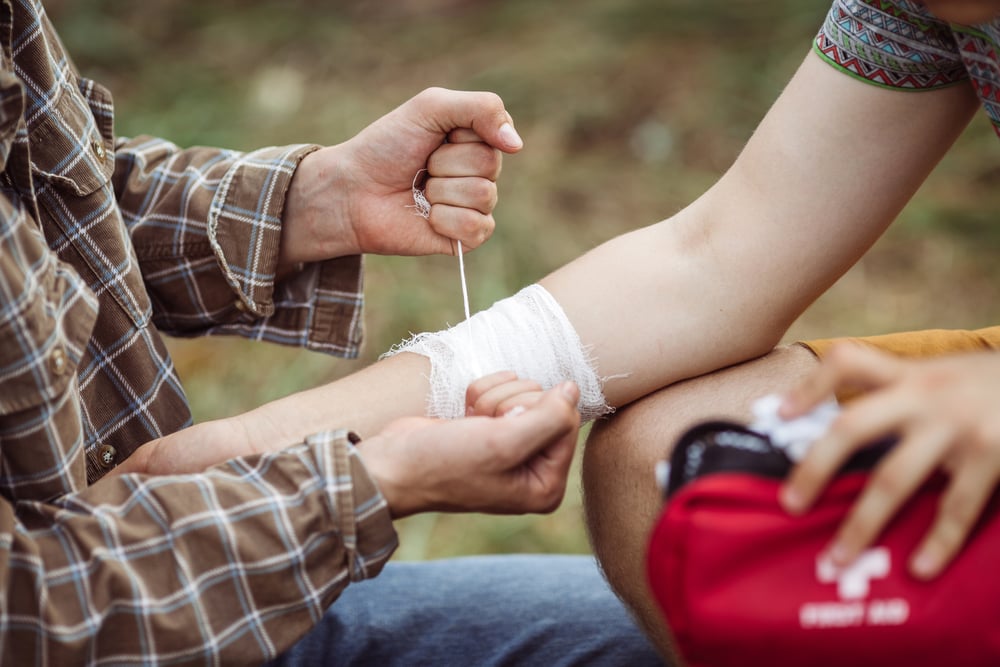
It’s that time of year, we pack up our things and head away for a well-deserved family holiday. Where do you go with your family to unwind? The beach? The bush? The city? Wherever it is, you’ll be packing a bag of some sort.
When my family travels on holidays, it’s with two children under the age of five. If I’m not prepared, it could be a disaster. Are you a list writer? I certainly am. So, what goes on that list?
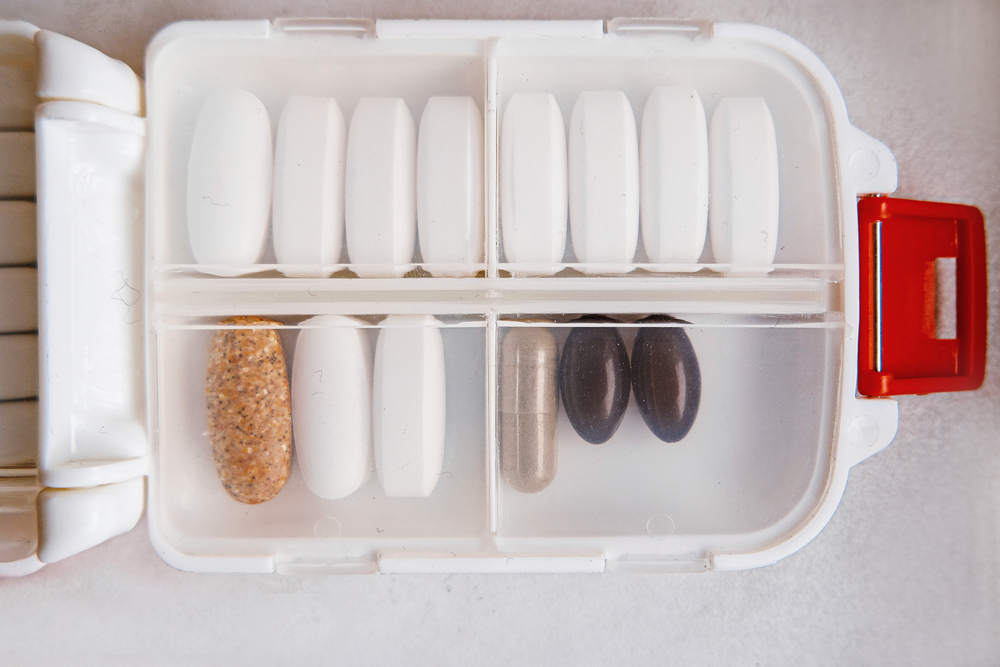
The most critical of this category would be your regular prescription medications, those for blood pressure, cholesterol, antidepressants or any other prescription medications you should not stop taking abruptly. Leaving home without these can only lead to trouble.
If you’re travelling overseas, it is best to carry a letter from your GP with a list of your regular medications. This will help to avoid any nasty surprises when you pass through Customs. Do you take any vitamin supplements on a daily basis? Don’t forget to put them in.
Let’s consider any over the counter medications you might also need whilst away. The list of ‘when required’ medication will depend on where you are holidaying and access to medicines at that destination. If you’re heading to a major city in Australia, you probably won’t want to pack as much as if you’re traveling to Botswana. Pain relief is high on the list, and paracetamol or ibuprofen is always handy for an odd headache or a backache
after a long day on the road. Antihistamines also come in handy for more than just hay fever, they can be used for allergic reactions to food, plants, bites or stings.
If you are travelling somewhere where the quality of water supply isn’t guaranteed; an anti-diarrhoea medication could save you from discomfort or embarrassment. Medication for diarrhoea isn’t always recommended as a first line treatment for diarrhoea, but can be helpful when you’re on the go and are suffering from the after-effects of last night’s curry, or a dose of local water supply. Probiotics are an essential item in my travel kit, particularly one containing Saccharomyces boulardii or Lactobacillus rhamnosus, both of which have proven benefits to shorten the duration of diarrhoea symptoms associated with gastroenteritis.
Are you spending long hours on a boat? What about travel sickness medication? There are a few options for this, so ask your local pharmacist for more advice.
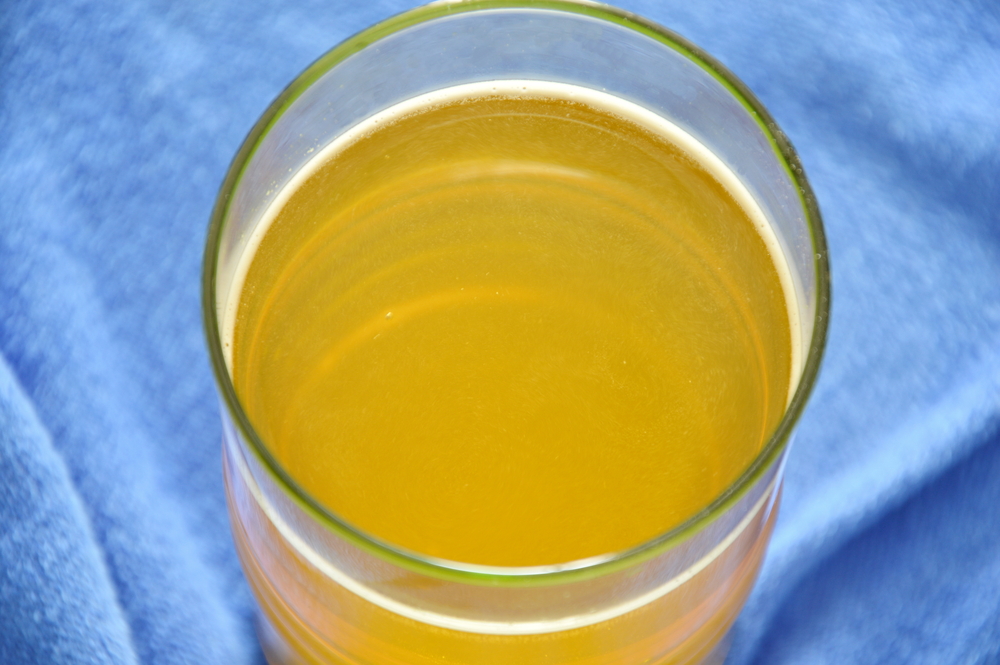
Are you heading somewhere warm? Are you likely to be carrying out strenuous activity on this holiday? At the end of a long and hot day, it’s probably a good idea to rehydrate with a well-balanced product before indulging in that wine with dinner. Oral rehydration products are also recommended as a first-line treatment for any diarrhoea symptoms, so don’t leave home without them!
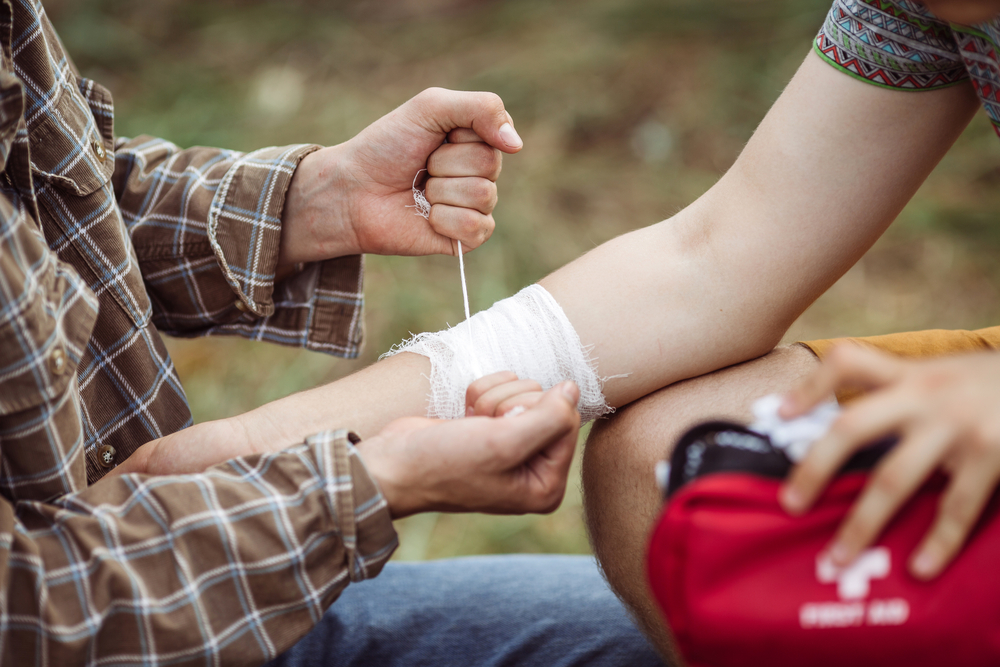
For a holiday kit, it is best to start with the bare essentials - band-aids, a good quality antiseptic cream, sterile wound pads, a lightweight crepe bandage, scissors and tweezers to cover all potential emergency situations. When selecting a cream, it’s a good idea to get one with a local anesthetic in it for numbing bites and minor burns. Anything more than an insect bite, minor burn or small cut could need medical attention and then you
can stock up on the more specifics of first aid if necessary. Obviously, if you’re travelling unsupported, to the middle of nowhere, your first aid kit will be more comprehensive than this.
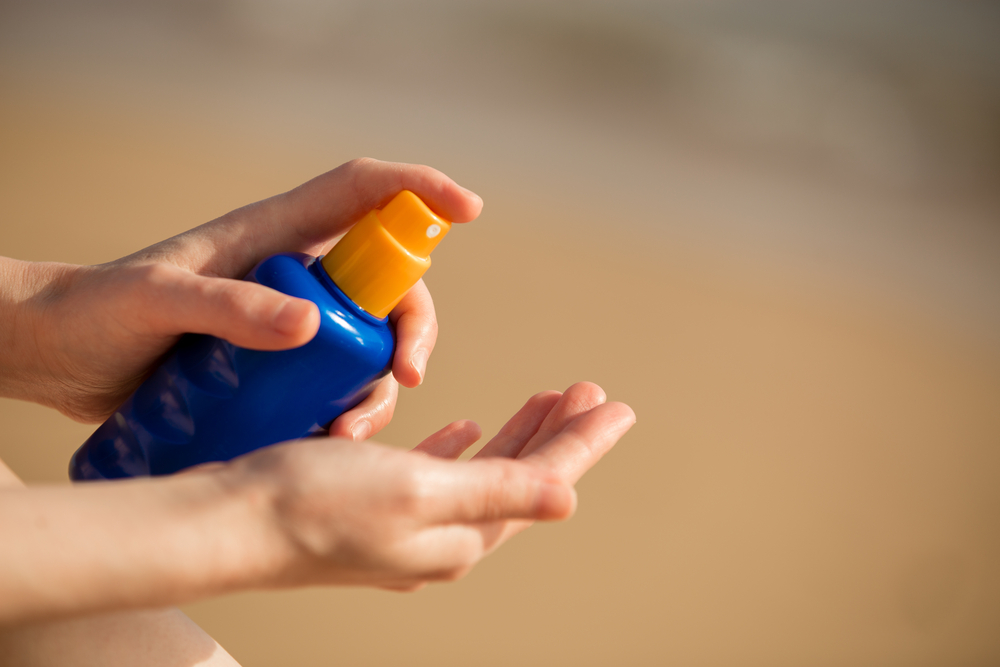
Never leave home without it! Our skin is our largest organ and it needs constant protection from the harsh sun. Like everything these days, there are many options for buying a sunscreen, cream in a tube or pump, spray, roll on. Whatever your preference, just ensure your travel bag contains at least one type of SPF 30 (or more) sunscreen. Depending on your holiday destination, you might want to consider some form of insect repellent. Natural and chemical options are both readily available, as are devices for the delivery of natural agents for babies and toddlers.
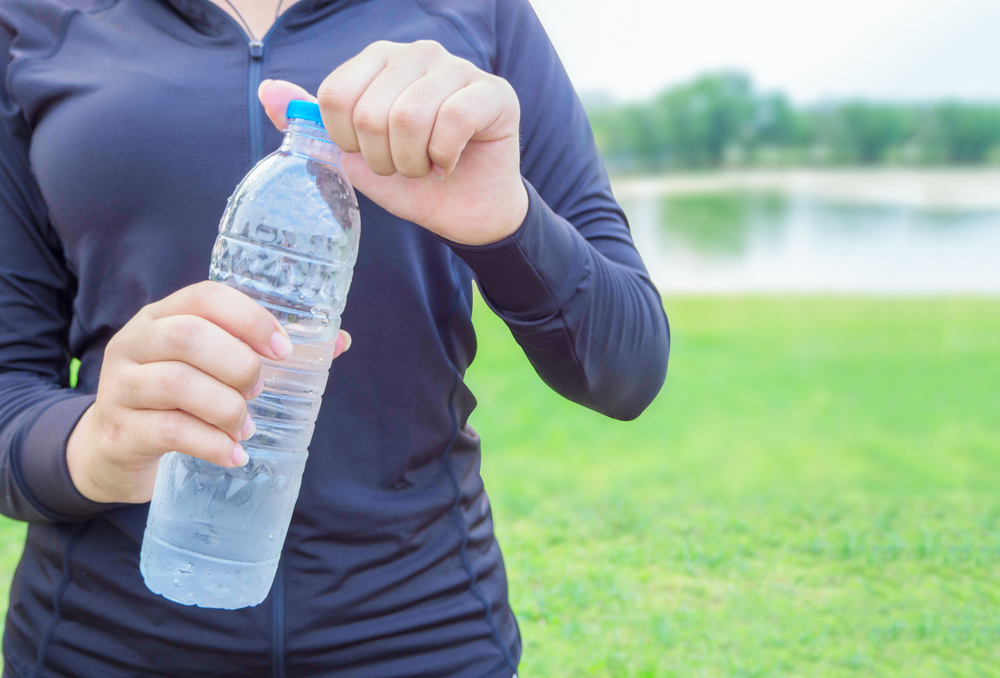
If you’re heading overseas or to the outback, where water supply isn’t going to be fresh, you might want to add water purification tablets to your bag. They don’t take up much space and are easy to pop into a bottle of water a few minutes before you consume. Carrying these could save you a lot of tummy ache in the long run!
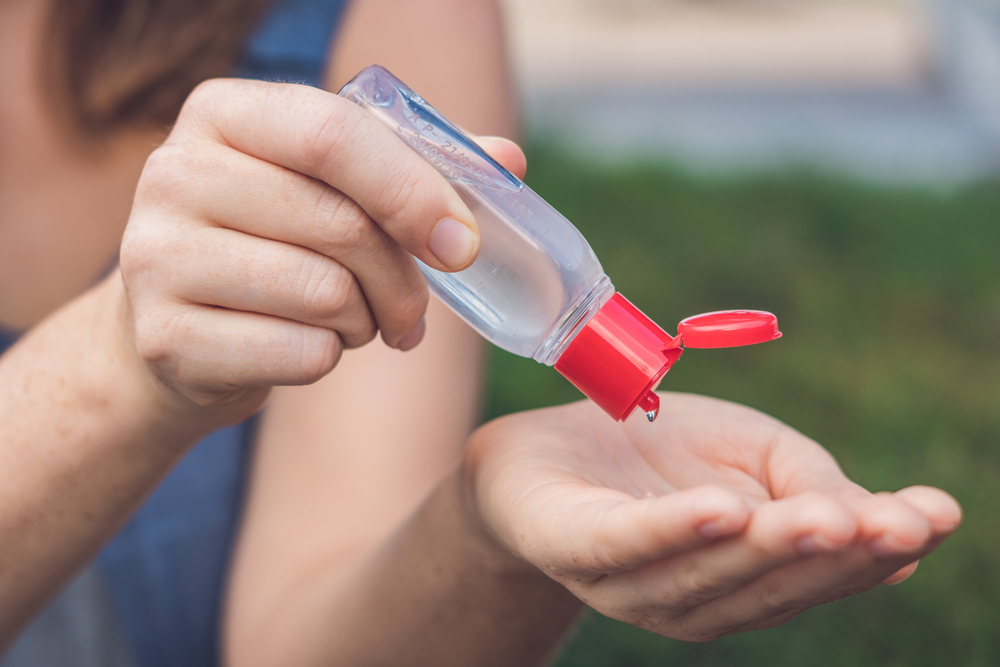
Good hand hygiene could be the difference between you enjoying your holiday or spending endless days not far from your bathroom. A small bottle of hand sanitiser fits nicely into your handbag, backpack or even your pocket. So, when you have to stop for a rest break, and the bathrooms are less than desirable, you know at the end of your experience, your hands will still be clean enough to enjoy that fresh doughnut with your coffee.
While this does seem like a long list, and likely to add a few kilograms to your travel bag, it could save you endless trouble whilst away from the comfort of your own home. Talk to your local pharmacist for more ideas on your first aid kit for your next holiday.
This post was written by Amanda Green. Amanda is a pharmacist with more than 10 years of both hospital and community pharmacy experience. She is a mother of two young children and is passionate about health and fitness.
These Stories on Medication Management
Suite 2 Level 7, 500 Bourke Street
Melbourne, Victoria 3000
Australia
Email us: support@medadvisor.com.au
MedAdvisor is an affiliate member of the World Pharmacy Council.
Comments (1)